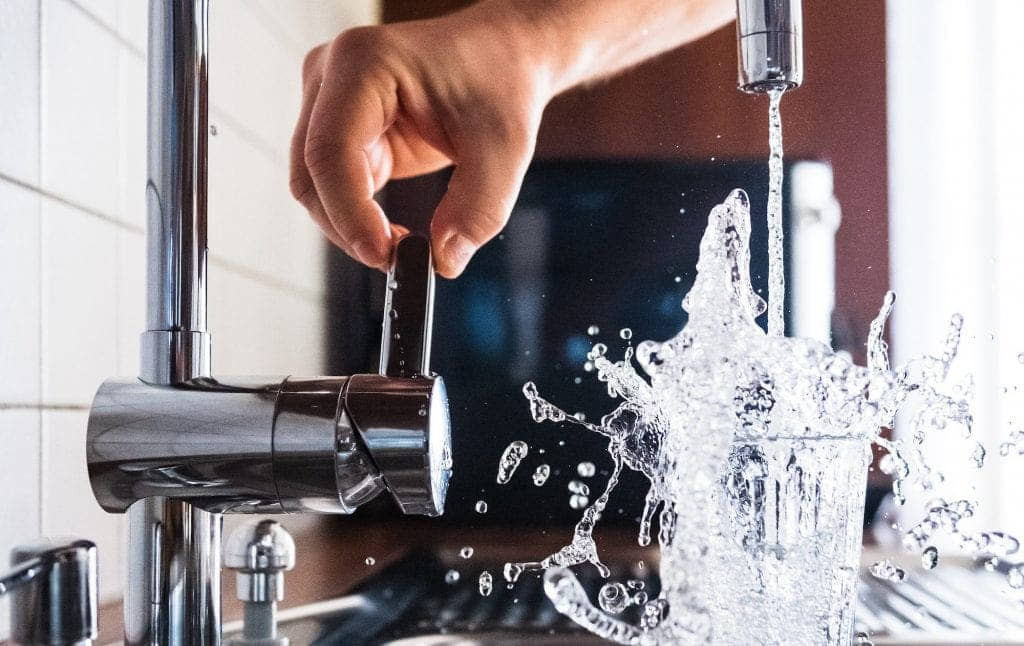If you have received an unexpectedly high water bill from your landlord that you believe contains charges you should not be responsible for, you may be wondering how to dispute the water bill. How can you dispute a water bill with your landlord to avoid paying excessive charges?
In this article, we will explore the steps to take when disputing a water bill with your landlord.
What is causing the high water bill?
The first step is to try and determine what is driving the high water usage and corresponding bill. Carefully check your water meter and compare it to previous readings. Look for any leaks around faucets, toilets or outdoor spigots that could be resulting in excess water flowing through.
If you notice a steady flow when no water is being used, you likely have a leak that needs repair. Take meter readings over several days to track usage and pinpoint if a leak is occurring.
Related: What Is The Average Electricity Bill For Apartment?
Have you contacted the water company?

Call your local water provider to discuss the unusually high reading and see if they can check for meter problems. Some meters may malfunction and over-report actual usage. The water company can test the meter or replace it if found to be defective.
They may also be able to spot unusual usage patterns that indicate a leak on your property. Getting the provider involved early can help rule out meter issues as the cause.
Have you notified your landlord?
As a tenant, you are typically not responsible for internal plumbing repairs. Contact your landlord in writing about the high bill and inquire if they have had any issues at other properties. Provide copies of several bills and meter readings so they understand it is not a one-time spike. Ask them to inspect for leaks and remedy any maintenance issues affecting water usage.
What does your lease say about utilities?
Review your lease terms to see if it explicitly states whether you or the landlord is financially responsible for water service. Some leases say tenants must set up an account but the landlord will pay the actual bills. Others require tenants to pay water as part of the monthly rent. Knowing what your lease dictates can inform how you approach the landlord about disputing high bills.
Have you requested a payment extension?
If still disputing the bill, contact the water company to ask for more time to resolve issues before the due date. Explain the situation and they may be willing to delay shutting off service temporarily while investigation continues. Just be sure some payment is made on time to keep the account in good standing while waiting for answers.
Is small claims court an option?
If the landlord refuses responsibility and will not remedy an obvious leak, you may need to consider legal action. First give them written notice of the problem and deadline to fix it before exploring small claims court.
You would need to prove they were notified and did not properly maintain plumbing causing excess usage. Court offers a way to recover costs if the landlord is clearly at fault for the high bill.
Should you escalate to local housing authorities?
As a last resort, contact your city or county's building or housing department if the landlord will still not take action. Explain your attempt to resolve directly were unsuccessful. Regulatory agencies have authority to inspect rental properties for housing code violations. A major plumbing problem may compel the landlord to correct it before further regulatory or legal penalties are considered.
Conclusion
In conclusion, there are steps tenants can take to dispute a high water bill with their landlord. Thoroughly investigating for leaks, reviewing history, inspecting meters and questioning responsibility for shared spaces are good starting points. Escalating tactfully to complaints or court should only happen if a landlord refuses to acknowledge reasonable concerns and evidence.





